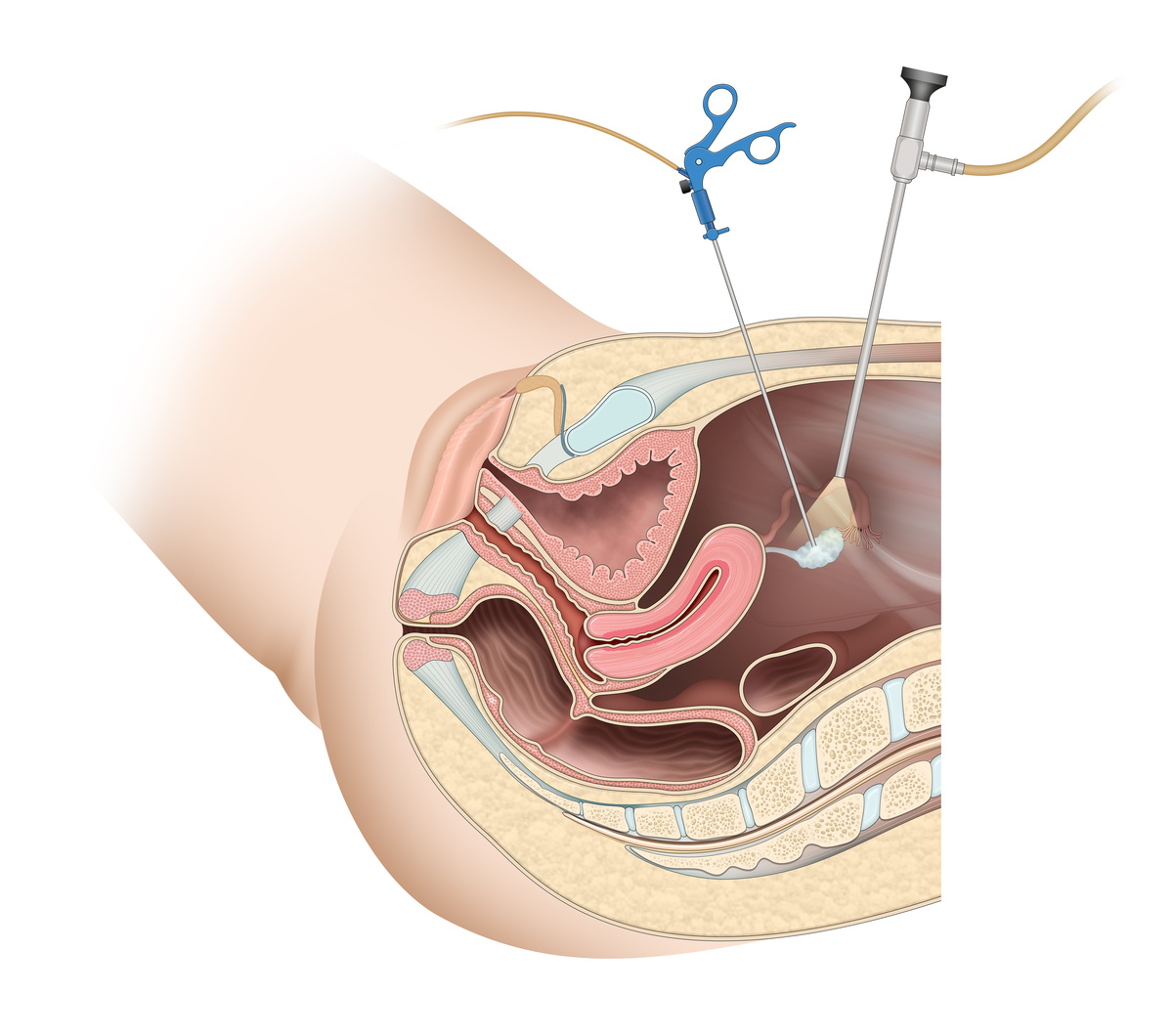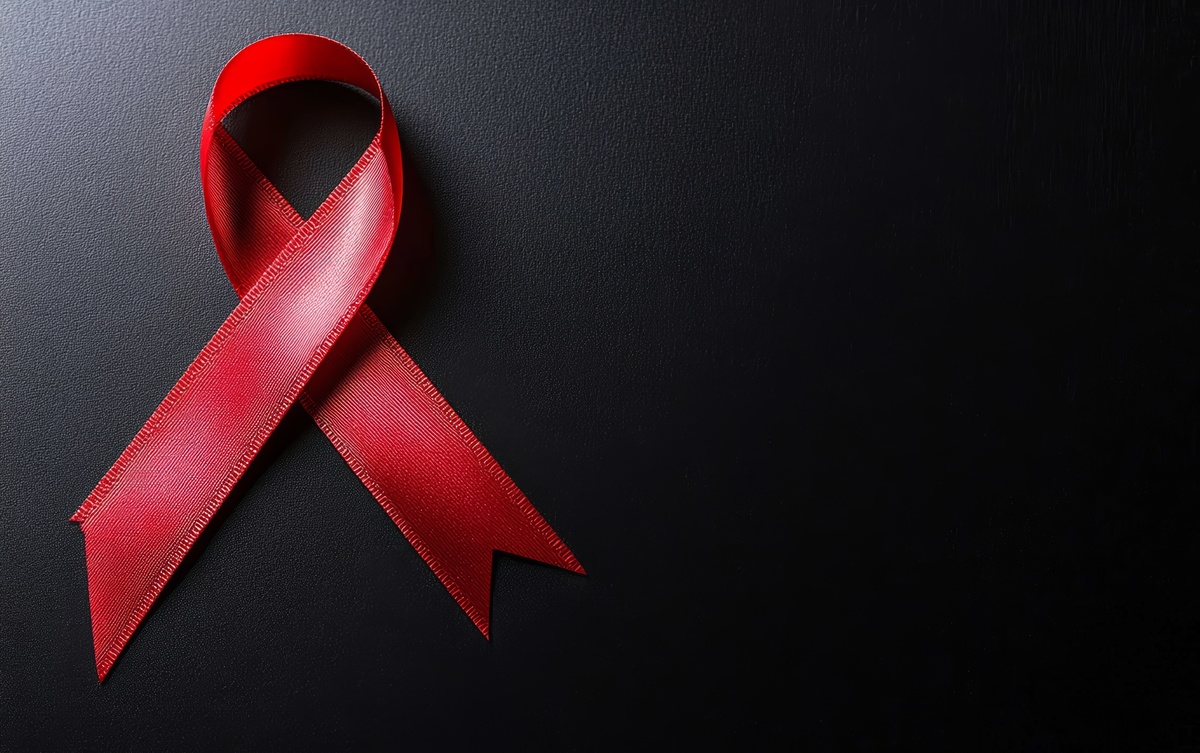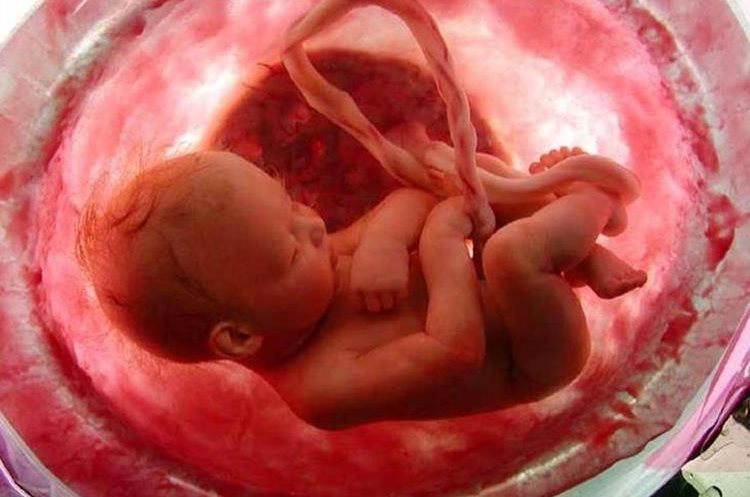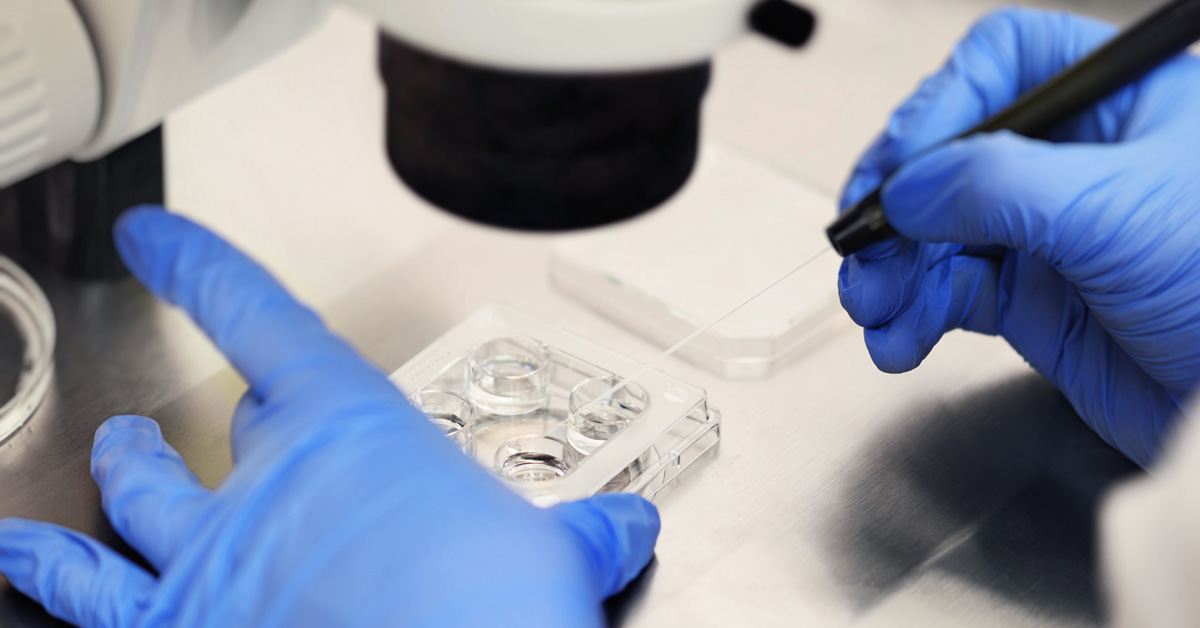Discover 5 signs that you are ovulating
Ovulation is the main aspect of the fertile period, a period generally consisting of 6 days, in which the woman’s body becomes receptive to fertilization.
Knowing when ovulation is happening can be interesting for many women and their partners; after all, this period is perfect for intensifying pregnancy attempts.
And do you know what the signs are that ovulation is happening? Continue reading this article to discover the top 5.
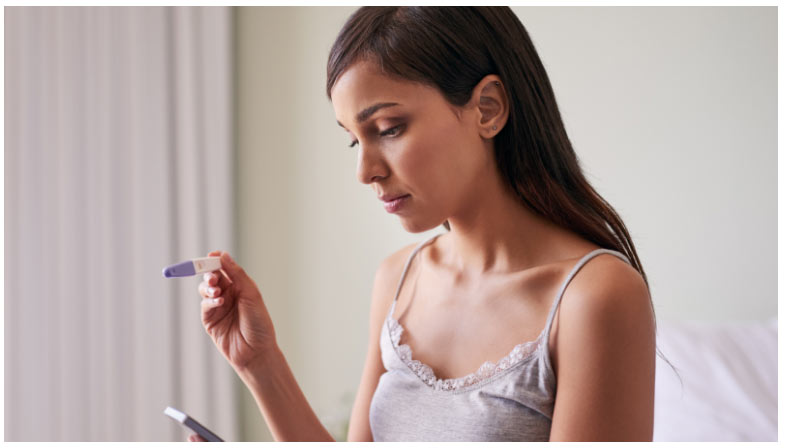
Understand ovulation better
Ovulation is the period within a woman’s cycle when mature eggs are released from the ovaries.
These eggs go towards the uterine tubes, which are also known as fallopian tubes.
Once inside the tubes, the eggs are “waiting” for the arrival of sperm to fertilize them.
If the eggs are not fertilized during the fertile period, they are absorbed by the body, and menstruation occurs.
The 5 main signs of ovulation
During ovulation, a woman’s body gives several signals, which are triggered by hormonal changes.
1. Increased libido
The hormones released during ovulation make a woman feel more attractive and have an increased sexual desire.
This is a way for the body to stimulate sexual intercourse and the consequent fertilization of one of the released eggs.
2. More sensitivity in the breasts
Another major symptom related to ovulation is increased sensitivity in the breasts.
This process occurs for the same reason that occurs in PMS and pregnancy, for example: large hormonal fluctuations in a short period of time.
3. Egg white-like vaginal discharge
When women are ovulating, a particular hormone, estradiol, comes into action.
This substance makes the vaginal mucus more fluid and transparent so that sperm reach the eggs more easily.
Therefore, because it is thinner, the mucus flows through the vagina and can be noticed by the woman.
4. Increased body temperature
During ovulation, a woman may also feel a slight increase in body temperature.
This symptom can be noticed as a mild feverish state, nothing too exaggerated. The temperature increase is around 0.3°C and 0.8°C.
The person responsible for this increase is progesterone, one of the hormones responsible for ovulation.
5. Mild abdominal pain
Feeling pain in the lower abdomen or “belly pain” is, perhaps, the main sign of ovulation.
These pains are similar to those felt in PMS, are caused by the delicate movements of egg release, and are perfectly normal.
For correct monitoring, come to the Chedid Grieco Laboratory!
Here at Chedid Grieco Laboratory, we are experts not just in ovulation, but in everything surrounding human reproduction.
Supervised by Dr. Silvana Chedid, all activities in our laboratory aim to make the dream of motherhood come true.



